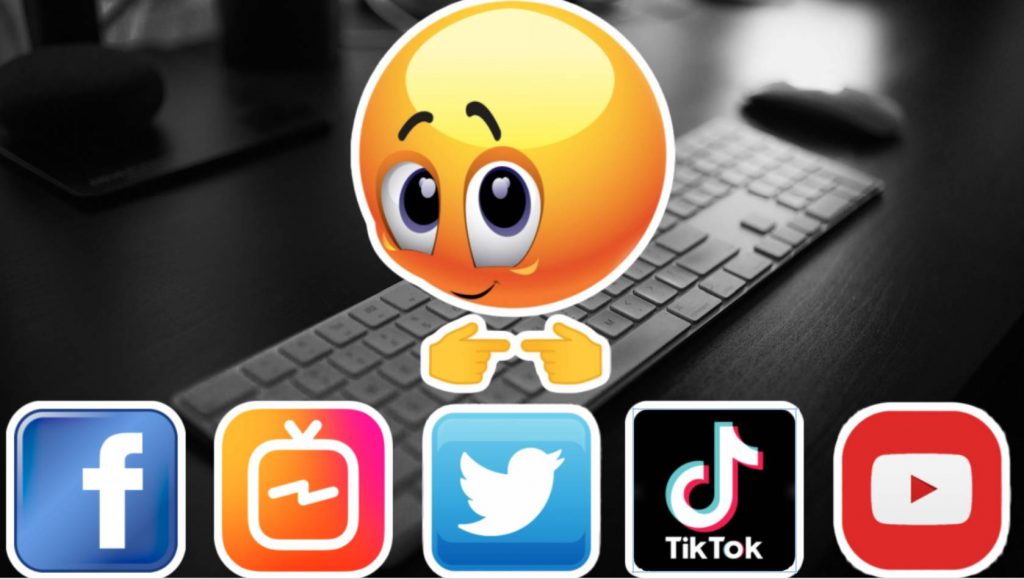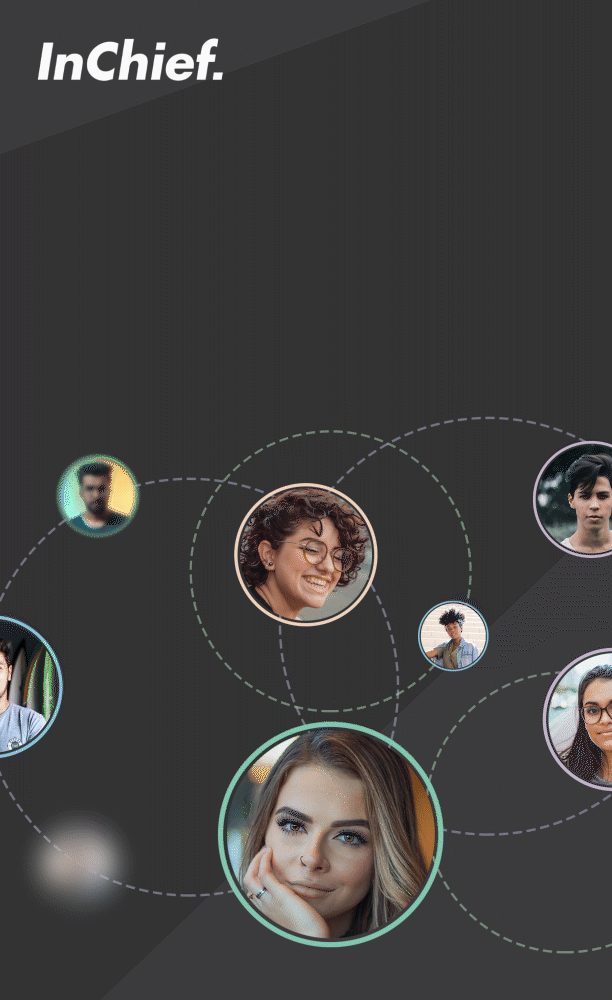Know your rights and responsibilities
Digital media is a bit of a wild West when it comes to copyright and content ownership. Some platforms like YouTube have brought in AI to help them recognise when music and video has been plagiarised, and they’ve made it much easier for creators to report copyright infringement. That being said, it’s still all too easy to fall foul of the law if you’re not sure what your rights are. Matt Green, a solicitor with Brandsmiths, has shared with us some guidance for creators so you can be sure you’re protecting your work and staying within regulations.
Ensure content is totally yours before you upload it
You might think, “I made it, of course it’s mine!” In reality, if you’ve used any music in the video (even if it’s just for a few seconds), any art or clips from another video, you need to get permission to use it. “Make sure all content you upload is your own, and if you do use someone else’s content, the best practice is to get their permission or consent,” explained Green.
Check the terms of service
When you upload your content to a platform, you could be signing away some of your ownership rights, and you don’t know how the platform will use or store the content. “Check the terms of service on the platform or website where you upload it. Facebook (including Instagram) and YouTube say it’s still yours in their Terms but others may take ownership,” said Green. It’s worth reading the T&Cs and Privacy Policy in full – it may seem daunting but you don’t want to run the risk of losing ownership of your content.
Be vigilant
If someone else uses your content without permission, you have a few options. This could take the form of someone using a song you wrote, images you took or your video clips – anything you produced yourself. According to Green, “You may have the right to pursue them for breach of copyright. This sort of action can take many forms, from a simple cease and desist letter to formal legal proceedings.” If this happens, you’ll need to consult a solicitor to help you. There’s plenty of resources online to help – Green said YouTube has a free online course you can take.






